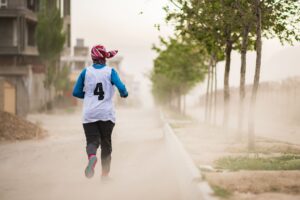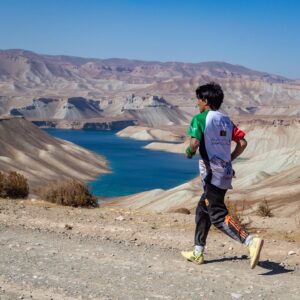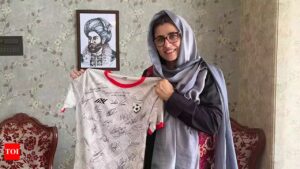MONITORING (SW) – The UN Secretary General’s Special Representative for Afghanistan has said civilian casualties caused by improvised explosive devices surged by over 60 per cent in past two months.
Deborah Lyons said this while briefing the United Nations Security Council. She said the unrelenting violence remains a serious obstacle to peace and a threat to the region. She said in the third quarter of 2020, child casualties rose 25 per cent over the previous three months, while attacks against schools in the same period increased four-fold.
“In the first 11 months of 2020, targeted killings by anti-government elements rose by nearly 40 per cent compared to the same period in 2019. It is no surprise then, that the Global Peace Index for 2020 ranked Afghanistan as the least peaceful country in the world for the second year in a row”, she said.
The head of UN Assistance Mission to Afghanistan said such a ranking illustrates the psychological impact of the violence: as one Afghan official told me recently, “the sense and perception of violence and insecurity is higher now than ever.”
She said since the start of November alone, two separate rocket attacks in Kabul; the attack on Kabul University, the increased conflict in Helmand and Kandahar, and a brutal bombing in Bamyan, to name but a few, have strained the public’s already fragile confidence, and exacerbated the fears around the emergence of new terrorist threats.
She asked all countries to continue to pressure all parties to the conflict to bring about a sustained reduction in violence, and I expect this will be a top priority when the negotiations resume. “The ongoing security transition, coupled with the emerging reality of international troop withdrawals, have obviously added to the anxieties felt by the Afghan population. In the coming months, I anticipate that this larger security transition will become a central topic in the dialogue amongst Afghan officials, regional countries, and the larger international community”, said the UNAMA chief.
ENDS






